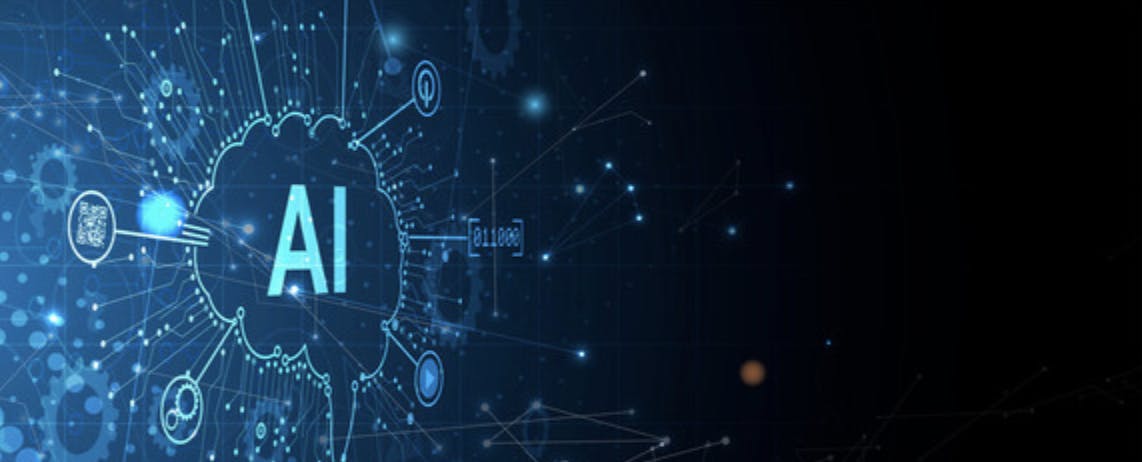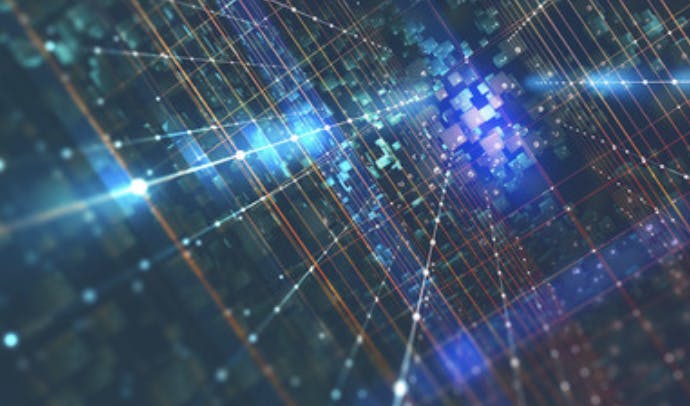TL;DR Science: Artificial Intelligence in Healthcare
By Aya D.
June 24, 2023 · 3 minute read
Medicine
Computer Science
Cognitive Science
Biology
What is artificial intelligence(AI)?
Intelligence is the capacity to solve problems, learn, and, make decisions effectively. It exists in different forms and levels among humans, animals, and even machines. From here comes “Artificial Intelligence” which as John McCarthy stated in one of his research papers: “
It is the science and engineering of making intelligent machines, especially intelligent computer programs. It is related to the similar task of using computers to understand human intelligence”.

What is medical diagnostics?
The process of evaluating medical disorders and diseases by analyzing the symptoms, medical history and blood work is known as diagnosing which indeed is an art that requires highly professional skills by well-prepared and trained doctors and specialists. This process may include analyzing MRIs CT scans etc. The aim of this process is to tailor a suitable treatment for patients.

The implementation of AI in diagnosis:
With the recent AI revolution, medical diagnostics could be improved to revolutionize the field of medical diagnostics.
- Early Disease Detection:
According to a new study, artificial intelligence algorithms may be the key to identifying who is at the most risk of developing one of the most notoriously difficult cancers to diagnose early: pancreatic cancer.
In a study published in the peer-reviewed journal Nature Medicine, researchers found that with the help of AI, they were able to identify those most at risk for developing pancreatic cancer around three years before diagnosis purely by using the patient’s medical records. It could be a game-changer in battling this type of cancer, which is fast-growing and hard to detect, researchers say.
- Speed and accuracy:
AI can revolutionize medical imaging by automating the analysis of radiological images, such as X-rays, CT scans, and MRIs. Deep learning algorithms can quickly and accurately detect abnormalities, tumours, and other subtle changes that may indicate diseases, assisting radiologists in making more precise diagnoses.

- Efficiency:
In addition to that,Quantum computers have significantly more processing power than classical computers, and this could allow quantum AI algorithms to analyze vast amounts of medical data in real time, leading to more accurate and efficient diagnoses. By using AI algorithms to analyze vast amounts of medical data and identify patterns and relationships, general AI for medical diagnostics can transform the field of medicine, leading to improved patient outcomes and a more efficient and effective healthcare system.

By increasing precision, effectiveness, and patient outcomes, the ongoing AI diagnosis revolution has the potential to completely change the healthcare industry. It also comes with a number of ethical difficulties, though. As AI systems depend on a huge amount of individual health data, protecting patient privacy and data security is a major challenge. Furthermore, concerns regarding justice and accountability are raised by the possibility of bias in algorithms and the lack of transparency in their decision-making procedures. Finding the ideal balance between AI's capabilities and human expertise becomes essential since relying too much on AI systems without adequate human monitoring might result in mistakes and possible patient harm. To fully utilize AI in diagnosis while preserving patient rights, it is essential to address these ethical issues.
TLDR:
The revolution of AI in diagnosis has a promising potential to improve medical diagnostics in regard to efficiency, accuracy and patient outcomes. However, it also brings along a host of ethical challenges that need to be addressed.
Did you enjoy this article?
About The Author
A bit of a nerd when it comes to biology.